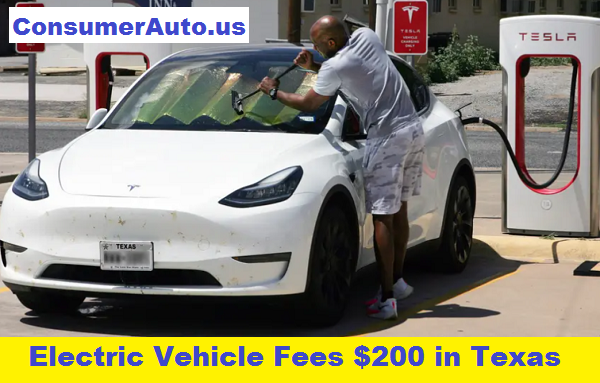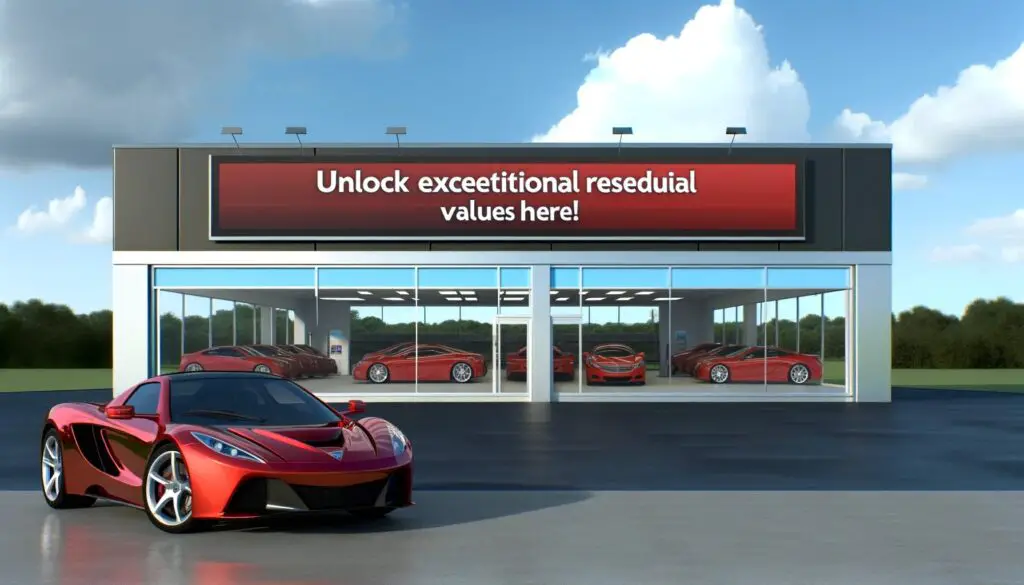As of September 1, a significant change is set to impact electric vehicle (EV) owners in the Lone Star State. Texas, known for its sprawling highways and diverse landscapes, is implementing a new fee for electric vehicle drivers. This move has sparked debates and discussions across the state. In this comprehensive article, we delve into the details of the new legislation, its implications, and the differing perspectives surrounding it.
Understanding the Legislation: Senate Bill 505
Texas lawmakers recently passed Senate Bill 505, a pivotal piece of legislation that will have tangible effects on the state’s EV owners. This bill introduces an additional annual fee of $200 for electric vehicle drivers. Whether registering a new EV or renewing the registration of an existing one, this fee is now a mandatory contribution. The motivation behind this legislation lies in addressing the perceived inequity in EV drivers’ contributions to road construction and maintenance.
Unveiling the Rationale: Why the Fee?
The heart of the matter revolves around the financial aspect of road infrastructure. The existing gasoline tax contributes significantly to the State Highway Fund, which plays a crucial role in maintaining and expanding Texas’ extensive road network. However, electric vehicle drivers are exempt from gasoline taxes due to the nature of their vehicles. While they don’t contribute to the fund directly, their use of the roads remains unchanged.
Exploring the Impact: Financial and Environmental Perspectives
The introduction of the $200 annual fee has sparked diverse reactions among stakeholders. On one hand, proponents argue that EV owners should share the responsibility of funding road projects. The idea is to ensure fairness and equity, given that all road users should contribute to their upkeep.
Conversely, environmental advocates and some experts question the fee’s implications. They highlight the environmental benefits of electric vehicles, including reduced greenhouse gas emissions. This perspective argues that the fee could deter individuals, particularly those with lower incomes, from adopting cleaner transportation options.
Analyzing the Fee Structure: Who’s Affected?
The fee structure itself raises pertinent questions about its potential impact on various segments of society. For those purchasing new electric vehicles, the fee could prove to be a substantial financial burden. With a two-year registration requirement, this translates to a $400 upfront payment. This aspect of the legislation, aimed at newer EV owners, has garnered particular attention and critique.
Perspectives on Alternatives: Mileage-Based Fees and Incentives
The debate extends to alternative approaches that could address both financial and environmental concerns. Advocates for a mileage-based fee propose a system that aligns more closely with the traditional gasoline taxes. This approach considers the distance driven, akin to how gasoline consumption impacts contributions to the State Highway Fund.
On a positive note, Texas currently offers rebates for hydrogen fuel cell, electric, and hybrid vehicles. These rebates, amounting to $2,500, could potentially offset some of the financial strain imposed by the new fee. Experts and advocates alike recommend the expansion of such incentives to encourage EV adoption.
Looking Ahead: Navigating Change
As the implementation of the new fee approaches, electric vehicle owners and stakeholders are preparing for change. The shifting landscape of transportation calls for adaptation and open dialogue. While the fee has elicited mixed reactions, it underscores the importance of creating a balanced framework that supports both road infrastructure and sustainable transportation options.
Conclusion: Balancing Priorities for a Sustainable Future
The introduction of the $200 annual fee for electric vehicle owners in Texas marks a significant milestone in the state’s transportation evolution. This legislative decision reflects the ongoing tension between financial responsibilities and environmental considerations. As the automotive industry continues to innovate, it is imperative to strike a balance that encourages clean transportation choices while ensuring the maintenance of road infrastructure. The road ahead calls for collaboration and thoughtful decision-making to shape a sustainable future for Texas.





